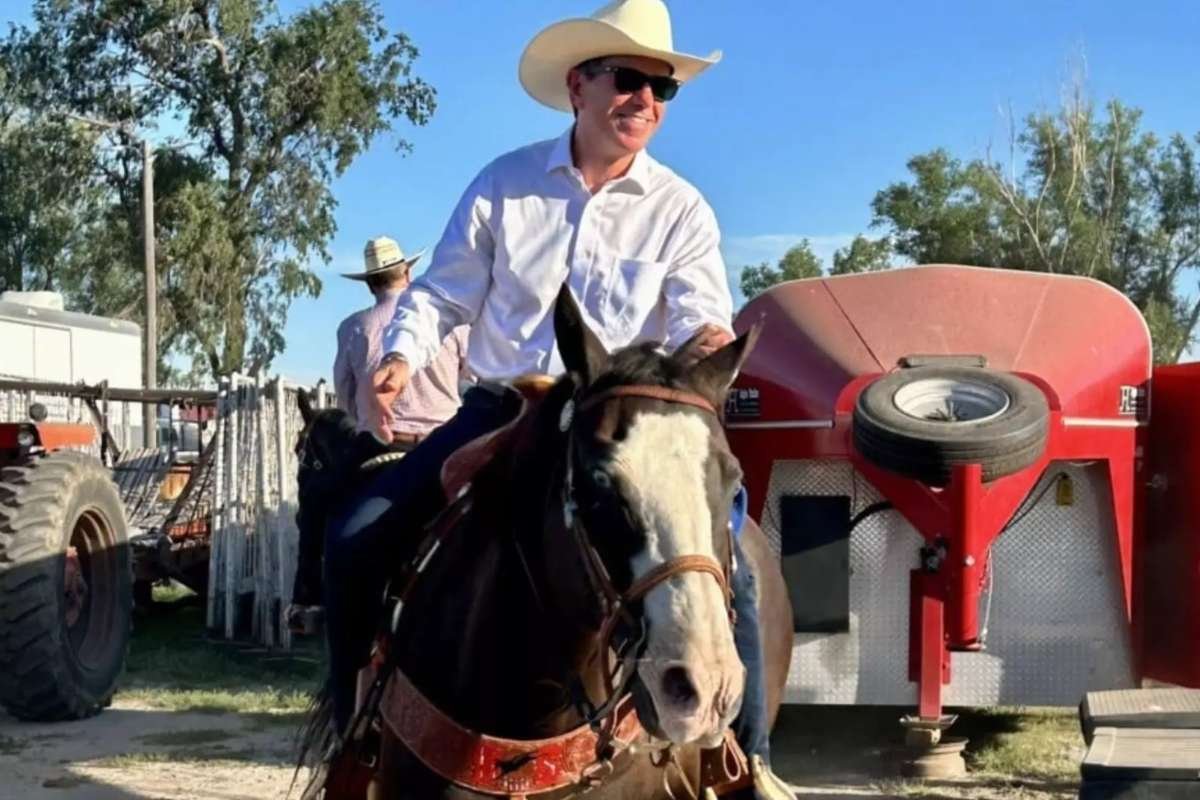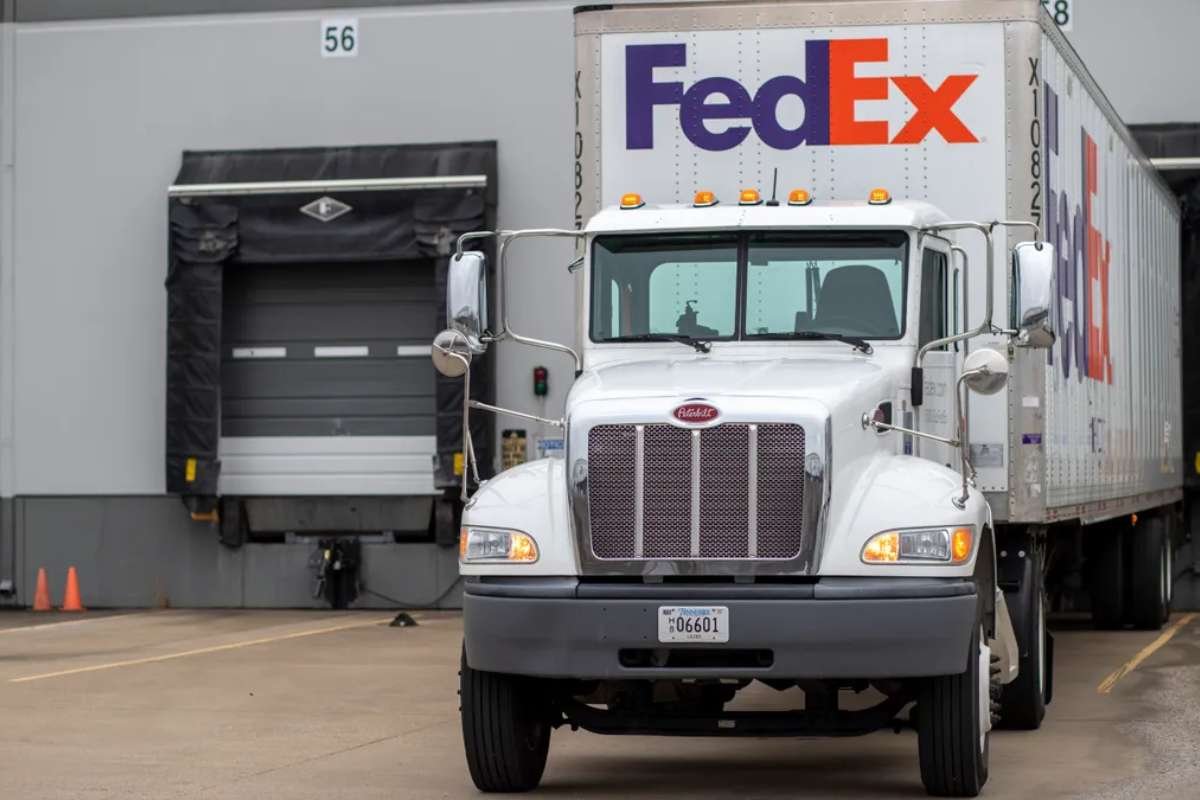A bag that one day might catch bits floating in Earth orbit is the subject of NASA’s most recent space debris technology contract.
TransAstra, a startup in space logistics, recently received a $850,000 early-stage NASA contract for a bag that might inflate once it enters Earth orbit. However, as the corporation will be entrusted with testing this equipment on the ground using inflatable struts, this is not a space debris mission for flight. SpaceNews reported the contract award.
Second Contract for Inflatable Catch Bags
This will be TransAstra’s second contract for inflatable catch bags in recent years. Additionally, they were given a NASA early-stage contract for 2021, which initially had an emphasis on asteroid or space rock capture However, TransAstra quickly understood that asteroids and space debris face many of the same difficulties. According to firm representatives, asteroids produce pebbles, while space debris can produce minute fragments that mimic the motion of pebbles in space.
Joel Sercel, founder and CEO of TransAstra, stated in the study, “We subsequently realised this is the greatest thing ever for orbital debris cleanup.” The business suggests using a space tug they call Worker Bee to manoeuvre this bag around low Earth orbit in order to collect numerous pieces of junk.
Such technology might not be ready for spaceflight for several years or even decades. But there will be a lot of work to accomplish even if the mission completely succeeds and gets to space.
According to the European Space Agency, there are about 36,500 trash particles in Earth orbit that are larger than 4 inches (10 cm). There are over 330 million trackable objects total, each larger than 0.04 inches (1 millimetre).
A piece of space junk that was supposed to be removed by another, unrelated debris removal test was itself struck by another piece of trash in August 2023, potentially generating further fragments in Earths orbit. This incident serves as an excellent illustration of how out of control the space debris situation is getting.
A bag that one day might catch bits floating in Earth orbit is the subject of NASA’s most recent space debris technology contract.
Corporation will be Entrusted with Testing the Equipment
TransAstra, a startup in space logistics, recently received a $850,000 early-stage NASA contract for a bag that might inflate once it enters orbit. However, as the corporation will be entrusted with testing this equipment on the ground using inflatable struts, this is not a space debris mission for flight. SpaceNews reported the contract award.
This will be TransAstra’s second contract for inflatable catch bags in recent years. Additionally, they were given a NASA early-stage contract for 2021, which initially had an emphasis on asteroid or space rock capture.





